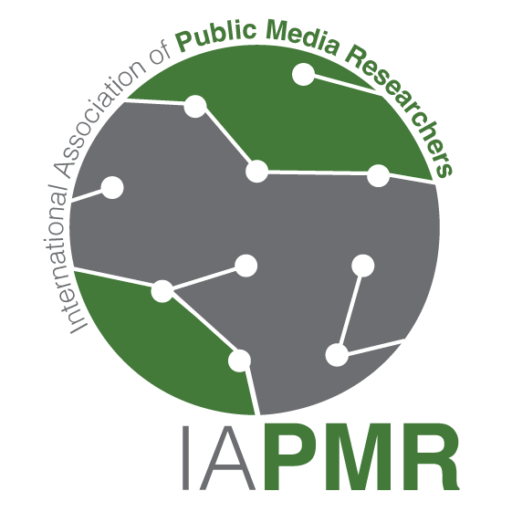Eleonora Maria Mazzoli has a background in media management and economics, governance, media and digital policy. Holding a BA from Bocconi University in Management and Economics for Arts Cultural and Communication, a RMA from Utrecht University in Media and Performance Studies, she is currently based in the UK, as ESRC-funded PhD researcher at the Media and Communications Department of the London School of Economics and Political Science (LSE). Prior to her PhD, she worked for the European Broadcasting Union and for RAI-Radiotelevisione Italiana. Alongside her current academic research in the area of content curation, platform governance and media pluralism, she also acted as external advisor and rapporteur on digital policy and media innovation topics.
Can you tell us about your PhD project?
My PhD research focuses on content curation and prioritisation process in today’s digital platform governance systems. For this work, I have conducted an organisational analysis from a critical institutional perspective, investigating how prominence and discoverability of audiovisual media content are being negotiated by different organisations in the sector through technical, business and regulatory strategies. As calls for regulatory interventions in this area are growing, I believe that it is pivotal to understand these industry practices and question how such evolving governance systems can ultimately impact users’ access to a plurality and diversity of online media. Issues of gatekeeping power and behavioural nudges are at the centre of this analysis, but the overarching goal is to prompt a critical reflection on the role that both law and policy, as well as private actors play in the construction of new prominence regimes online as these questions therefore raises complex issues at the intersection of freedom of expression, media pluralism and diversity.
What motivated your research?
My interest and motivation sparked during my professional work experience. Prior to my PhD, I worked as European affairs assistant for the European Broadcasting Union and RAI, the Italian PSM overseeing EU media policy and digital regulation topics in Brussels. One of the key debates concerns the future PSM in a digital platform-based ecosystem, where such local and national players had to complete with global actors that were increasingly extending their services and reach along the media value chain. One of the core issue in this age of content abundance concerned exactly content curation and moderation practices of online platforms, and their impact on both industry and users. I was motivated to further investigate this and to contribute to this new policy area, which was evolving but which was also not so well understood by policymakers.
How can your research contribute to the study of Public Service Media?
Even though my research does not solely focus on the study of PSM, it touches a number of issues that could be relevant for this body of literature. Firstly, it analyses and discusses the positive and negative implications of new prominence regimes online which could be used as regulatory benefits for PSM and other audiovisual media services. Existing prominence rules are indeed often associated with PSM services at European and national level, however, my analysis strives to unpack the contested definition of “public interest services” or “general interest services”, striving to advance a public interest framework to define audiovisual media services that could be included in the scope of new prominence regimes because they respect certain standards or criteria. Furthermore, it investigate the differences and similarities among PSM, commercial broadcasters and platform organisations in their content prioritisation and curation processes, critically addressing the implications of a tendency towards a form of institutional isomorphism in this area.
What are the main challenges you are facing in your research? Is any of them related to being a young researcher?
I have faced multiple challenges. Covid was one of the main challenges and one of the major disruption to my data collection and my work in general, as I had to re-adjust my methodology several times because of the pandemic and the impossibility to attend relevant events and meet people/interviewees in person. Another issue was the fact that I wanted to enter a rather closed and male-dominated industry, and as a young female researcher it was harder to get people to talk to me. It was only after the European Commission and the Council of Europe started to be more interested in this area that I was able to access more interviewees, but even then, access to the technical experts working on the technological and innovation strategies themselves was almost impossible as most of the PR and policy people were controlling the organisational narrative.
Is there any (emerging or senior) scholar that has particularly impacted your work in any way? Who and why?
So many, and there won’t be enough space to include them all! I am extremely grateful for the positive impact and supervision of both my supervisors, Associate Prof. Damian Tambini and Prof. Robin Mansell who are truly great experts in this field and whose works have motived my research and whose time has helped me in shaping it and conducting it. Moreover, the work of Prof. Philip Napoli on the institutionality of algorithms, diversity of exposure and public interest has certainly be very influential for my theoretical grounding as it has informed my thinking on how to approach content prioritisation processes from an institutional perspective. I also had the great opportunity to collaborate with Prof. Mariana Mazzucato on the question of public value and PSM, and the work we collaboratively conducted as well as her theories on market shaping, public value and innovation has also been influential for my thesis.

